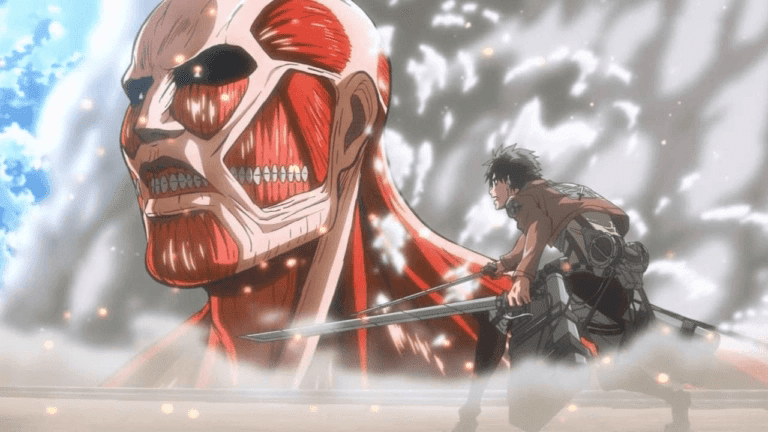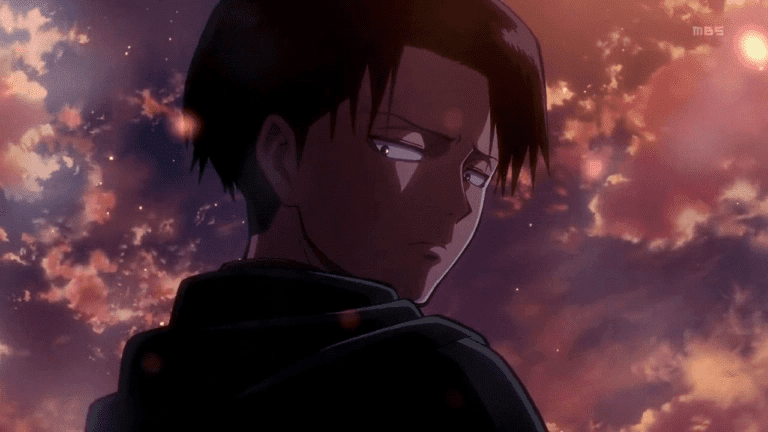Crunchyroll recently published an article featuring an interview with the creator of the anime series “Shingeki no Kyojin” (Attack on Titan), Hajime Isayama. In this interview, the mangaka (manga artist) shared his thoughts and insights regarding his journey and the essence of his work.
Below is an excerpt from the interview:
Interviewer: After the timeskip and the reveal of Marley, Eren has undergone significant changes. What does he intend to achieve as he distances himself from the narrative at this pivotal moment?
Hajime Isayama: It’s important to understand that this is something I’ve always wanted to explore as a creator. Initially, we shifted our perspective towards the antagonists – or the characters we consider to be antagonists – and began to uncover their viewpoints. At the moment we started to familiarize ourselves and resonate with Eren’s perspective, we also introduced characters who are viewed as enemies within that context. I will feel a certain way about this, and the audience will also have their own feelings that may lie outside of my control, but it has always been my intention to pursue this and I am determined to do so.
Interviewer: What do you think Eren would do if that goal has yet to include entering the military garrison? What kind of actions could this goal lead to?
Hajime Isayama: I believe Eren would lead a life filled with dread. Honestly, I’ve experienced a life like that myself. Inside Paradis, that goal could continue to be pressured and might be met with obstacles that prevent him from achieving anything. Or he could be living a life without realizing that the end of his existence is approaching. That goal could only continue to exist for about 13 years.
Interviewer: The world of Shingeki no Kyojin is vast, but what kind of language do you think the characters communicate in?
Hajime Isayama: I think the language they speak can be considered a universal language in the world. The strongest language would serve as the most encompassing language in the world.

Interviewer: In the beginning of the third season, in the external narrative “Ilse’s Notebook,” the Titan that Ilse encounters has the potential to speak, which is unusual for most Titans. Does this Titan have royal blood or any special traits?
Hajime Isayama: When I received that question, I thought “this will be a wonderful subtlety.” The idea was brilliant.
Interviewer: So, will we find answers in the future?
Hajime Isayama: Initially, I began to develop the concept of Titans more extensively. There are ordinary Titans and extraordinary Titans. Ordinary Titans are generally creatures that have a structured form, and within a few instances, they have a “core” that resembles a defective product from a factory. Up until now, I have thought about the Titans as I wrote the story.
Interviewer: When the story reaches its conclusion, are there any aspects of the narrative that you feel you have changed?
Hajime Isayama: In reality, there are many. Every time I look back at the story I have written, there are numerous things I could have done differently. It’s often very difficult to pinpoint the exact right name for them. Each time I revisit my stories, I always think about the subtleties and regrets.
Interviewer: How has your personal journey changed since the beginning of your work?
Hajime Isayama: I faced many challenges when interacting with others when I first started writing manga. In reality, that is one of the reasons that pushed me to write this story. But now, I have grown and may have matured… I have become different compared to when I began.
Interviewer: Do you have any plans for other spin-offs or are you thinking about what you might create next in the Shingeki no Kyojin universe?
Hajime Isayama: Right now, I don’t have any specific plans.

Interviewer: Can we expect more stories featuring characters like Hange and members of Levi’s original squad?
Hajime Isayama: As for Levi, I have an idea at the beginning, but I don’t know if I will be able to write it.
Interviewer: Could you hint at what that might be?
Hajime Isayama: For instance, I have thought about how Levi’s story might unfold, but at the same time, the fact that I could write it would mean it would be another story altogether. Because writing manga is a task that is quite challenging for me.
Interviewer: Is there any reason that would prevent you from continuing with the narrative in Shingeki no Kyojin?
Hajime Isayama: First of all, I feel constrained when writing about romantic relationships between the characters. Another reason is that if I continue to write such stories, we could lose focus on the main plot that lies at the heart of the narrative. Therefore, I don’t have much motivation to pursue that direction.




















